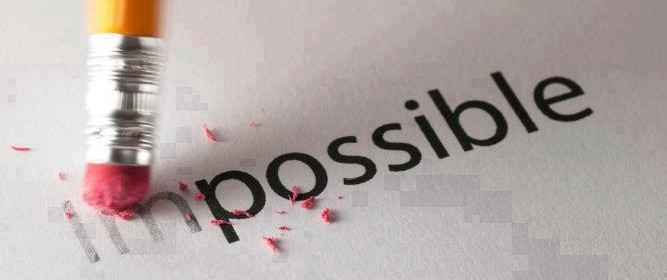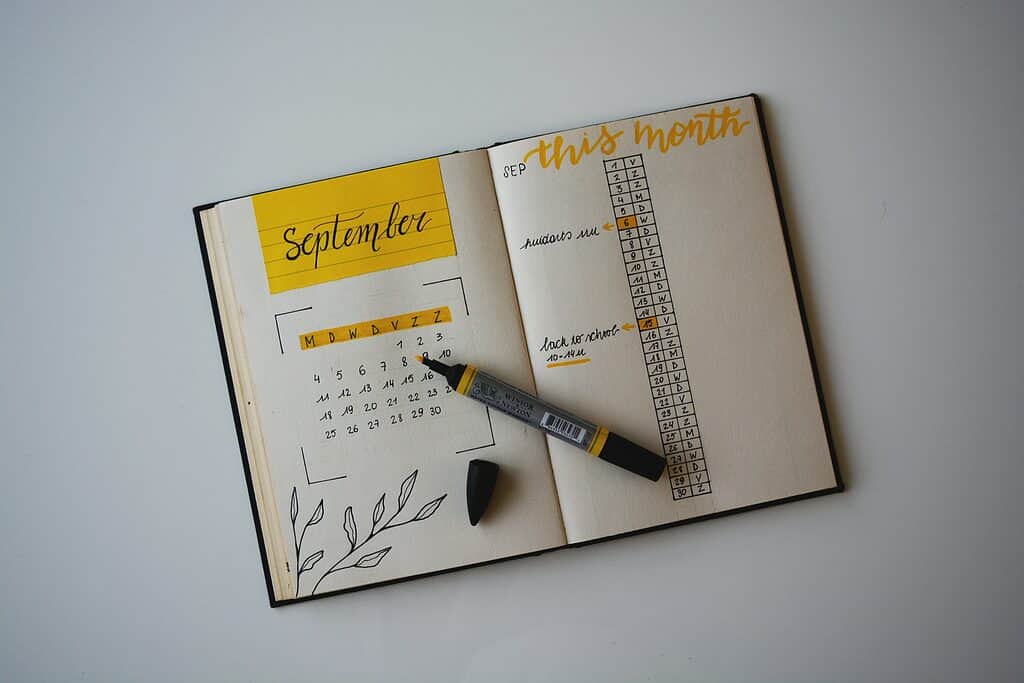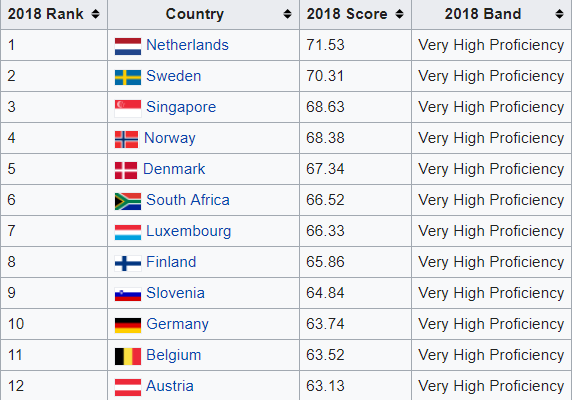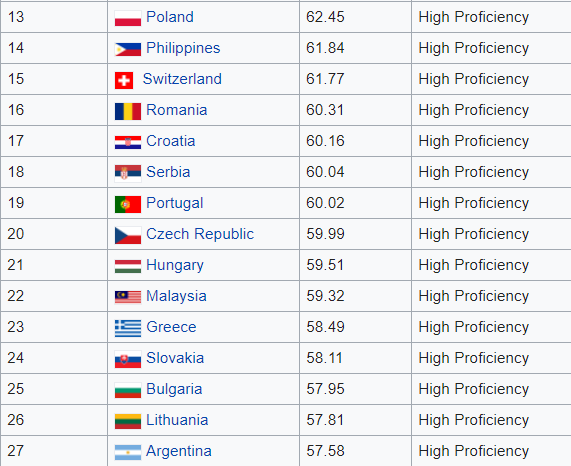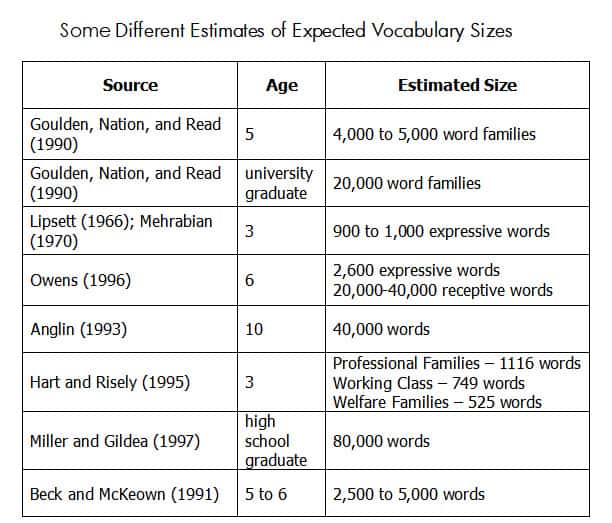How to Master Many Fields of Knowledge – Your Action Plan and Recommended Strategies

Growing-up has to be one of the saddest things ever from the outside perspective. It’s like a backward evolution. You see how amazingly curious creatures turn into mindless corporate drones. You see how the pursuit of knowledge turns into the pursuit of money.
I believe that curiosity and the power to create are the very things that can ward off all the negative in the world. However, for those qualities to survive, you have to feed them continuously. The problem is that modern times actively discourage people from becoming a polymath.
What’s more, we live in the conviction that there is not enough lifetime to master many areas of expertise.
I want to show you that it’s possible if you play your cards right. Within your lifetime, you can become great at many things. But before we get to the specifics, let’s start with a fundamental question:
How to Master Many Fields of Knowledge – Is It Worth It?

Photo by Jared Craig on Unsplash
I like to think of knowing many things as of the magical glasses – the more you know, the more you can see.
Being stuck in one field of specialty is nothing short of being blindfolded. You can go throughout life without being able to spot all those enchanting intricacies coming from the expanded perspective.
“It is so convenient to be immature! If I have a book to have understanding in place of me, a spiritual adviser to have a conscience for me, a doctor to judge my diet for me, and so on, I need not make any efforts at all.
I need not think, so long as I can pay; others will soon enough take the tiresome job over for me.
The guardians who have kindly taken upon themselves the work of supervision will soon see to it that by far the largest part of mankind (including the entire fair sex) should consider the step forward to maturity not only as difficult but also as highly dangerous.
Having first infatuated their domesticated animals, and carefully prevented the docile creatures from daring to take a single step without the leading-strings to which they are tied, they next show them the danger which threatens them if they try to walk unaided.
Now this danger is not in fact so very great, for they would certainly learn to walk eventually after a few falls.
But an example of this kind is intimidating, and usually frightens them off from further attempts.”
It couldn’t be any more accurate. Of course, we don’t have to know everything. But will it hurt to learn just a little bit from many areas of knowledge? Were we created to be stuck in one groove all of our lives?
Why You Should Master Many Fields of Knowledge
“A human being should be able to change a diaper, plan an invasion, butcher a hog, conn a ship, design a building, write a sonnet, balance accounts, build a wall, set a bone, comfort the dying, take orders, give orders, cooperate, act alone, solve equations, analyze a new problem, pitch manure, program a computer, cook a tasty meal, fight efficiently, die gallantly. Specialization is for insects.”
~ Robert Anson Heinlein
Even though it’s advisable to master at least one field of knowledge intimately, it’s usually not necessary to do it for more than one.
How to Master Many Fields of Knowledge – the Pareto Principle

Photo by Raj Eiamworakul on Unsplash
One of the first logical foundations which will allow you to build a wide array of skills is the Pareto Principle.
The Pareto principle (also known as the 80/20 rule) states that, for many events, roughly 80% of the effects come from 20% of the causes.
In other words, find out what’s essential in a given field of knowledge and learn it. This way, you will be able to double-down on what’s important and save a lot of time in the process.
How much time is needed to be good?
Of course, just telling you to apply the Pareto Principle would be lazy. We need more specifics.
From the work of K. Anders Ericsson, we know that to be world-class at something, you need about 10k hours of deliberate practice.
Of course, throughout the years, many other researchers have proven that this number might vary depending on, among others, the complexity of a given skill.
However, for simplicity’s sake, I will stick to this number.
Even though the number looks scary, you should not forget that you don’t need to become world-class in every field of knowledge. With just about 1-2k hours, you might become an ordinary expert.
Working smarter – The Pareto Principle of the Pareto Principle

Photo by Chris Liverani on Unsplash
Once again – the Pareto principle states that, for many events, roughly 80% of the effects come from 20% of the causes. However, if you apply the Pareto principle to the Pareto principle, you might see that roughly 64% of the effects come from 4% of the causes.
It means that if you can determine the absolute essentials, you will be able to become good at something while spending only 4% of your time/effort.
In other words, with just between 40-80 hours, you will know your way around a given discipline.
Example 1
For example, what if you don’t trust your endocrinologist and would like to, sort of, become one.
Easy, it’s enough that you learn:
- what hormones are
- how they function
- what are the main hormones in our body
- how they are produced
- sprinkle on top some knowledge about Type 1 and 2 Diabetes, thyroid disorders, PCOS, cortisol- and testosterone-related disorders.
As difficult as it’s to believe, most specialists deal with the same old cases day in, day out.
Remember – you don’t need to know every possible exception to every possible rule to be good.
Example 2
What if you want to be a semi-professional gourmet? No problem! Memorize the scale for describing foods and start tasting!
Mayonnaise, for example, is supposed to be evaluated along:
- 1) six dimensions of appearance
(color, color intensity, chroma, shine, lumpiness, and bubbles)
- 2) ten dimensions of texture:
(adhesiveness to lips, firmness, denseness, and so on)
- 3) and fourteen dimensions of flavor split among three
subgroups:
a) aromatics (eggy, mustardy, and so forth);
b) basic tastes (salty, sour, and sweet);
c) chemical-feeling factors (burn, pungent, astringent).
Example 3
What if you want to get good at persuading people (because manipulation is such a dirty word)? I would dare to say that reading Cialdini’s classic book should be enough to be at least decent at this craft. The rest is practice and the automation of those rules.
A famous quote by Bruce Lee echoes that thought:
I fear not the man who has practiced 10,000 kicks once, but I fear the man who has practiced one kick 10,000 times.
Oftentimes, you might discover that a slightly smaller knowledge that is automated is much better than knowing a lot of theory.
Read more: The Curse of the Hamster Wheel of Knowledge – Why Becoming a Real Expert Is Very Difficult.
Your Action Plan
Even though we are talking about mastering potentially a lot of fields of knowledge, we all have to start somewhere. Here is a simple list that might help you with the preparation process.
1. Make a list of all the things you want to learn and choose no more than 3
Once you master those fields of expertise, you will be able to move on to the next ones.
2. Make sure they are potentially applicable to your life
I want to emphasize that you can learn whatever you want. However, if you choose useful skills at the beginning, you will find it much easier to find time to practice them.
Learning practical things is also extremely rewarding and can help you keep your motivation high.
3. Choose how much time you want to devote to them daily
I don’t want to be too lax in my calculations, that’s why I am going to assume that being good enough at something requires 100 hours.
That tells us that with about 1 hour per day for each field of knowledge, you should be able to know them relatively well in a bit over three months.
It’s also worth keeping in mind that the more you know, the easier it will be for you to acquire even more skills and knowledge (so-called the Snowball Effect).
Remember that you don’t have to cling to these numbers religiously – they are here to impose some general guidelines.
4. Determine what you should learn
You can try to google what are the essentials of the given area of specialty or contact somebody who does it for a living. That should do the trick.
5. Get your learning materials
Once you know what to learn, this step shouldn’t be too difficult. The only thing I can add here is this – make sure that your source of knowledge is reliable. You don’t want to waste your time remembering things that have no reflection in reality.
How to Master Many Fields of Knowledge – Recommended Strategies
Congratulations! Now you know roughly how to organize your learning. It’s time you familiarized yourself with the strategies which might help you achieve your goals faster and with less effort.
1. Use deliberate practice
Deliberate practice is a highly structured activity engaged in with the specific goal of improving performance. – source.
Common characteristics of deep learning:
- it gives you a specific goal
- it requires your full attention
- it’s energy-devouring and exhausting but not time-consuming
- it gives you feedback
In other words, deliberate practice gives you a goal and tells you to mercilessly concentrate on a given concept until you’re ready to move on to the next one.
2. Combine skills (aka laddering, skill transfer)
It’s important to realize that a lot of different skills might be combined to save you time and make your practice sessions more productive.
For example, you can:
- exercise and listen to a lecture at the same time
- learn a language and use it to master a particular area of knowledge
- learn how to negotiate to get a job in a different department where you will be able to use your newly acquired programming skills
The number of combinations is endless. Give it some thought and contemplate what kind of combinations might work for you.
I like to watch pointless YT videos from time to time, but I never do it without a work-out session.
3. Use and automate your knowledge
Not every skill has to be useful, but it’s certainly much easier to maintain it if you automate its use, and you can use it. At least on a semi-regular basis (read more about automating your skills here).
4. Do interesting things / choose difficult projects
Simple tasks don’t require much brainpower – probably that’s why soon multifunctional AI blenders will replace 50% of our planet.
If you want to let, your talents shine, always strive to take up challenging projects which involve the use of many different skills. It doesn’t matter whether they are a part of your job description or just a personal project. Try to make them relatively challenging relative to your current skill set (read more about doing the hard work here).
5. Help others
Helping others has to be one of the best ways to master many fields of knowledge. There are thousands of people in the world who might benefit from your expertise. Find them and do your best to help them alleviate at least part of their problems.
Not only will you feel slightly better and decrease your chances of becoming a skull ashtray for all the hellish abominations below us, but you will also consolidate your skills significantly better.
Why?
Because the more you’re able to embed your knowledge in reality, the easier it is to remember it.
How to Master Many Fields of Knowledge – Summary
Many people think that trying to master many fields of knowledge is silly. Why bother if you can pay somebody for their expertise or do something less taxing.
However, the truth is that doing so can be one of the most rewarding experiences in your life. Once you wrap your head around main concepts from many different disciplines, your life will improve. You, in turn, will become more confident.
And the entire process doesn’t have to take that much time if you stick to the strategies mentioned in this article. Good luck on your journey!












